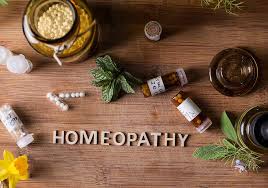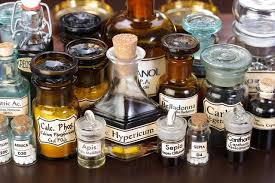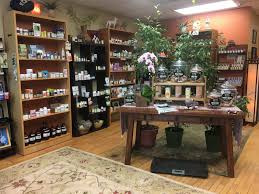What Is Homeopathy?
Homeopathy, also known as homeopathic medicine, is a medical system that was developed in Germany more than 200 years ago. It’s based on two unconventional theories:
“Like cures like”—the notion that a disease can be cured by a substance that produces similar symptoms in healthy people
“Law of minimum dose”—the notion that the lower the dose of the medication, the greater its effectiveness. Many homeopathic products are so diluted that no molecules of the original substance remain.
Homeopathic products come from plants (such as red onion, arnica [mountain herb], poison ivy, belladonna [deadly nightshade], and stinging nettle), minerals (such as white arsenic), or animals (such as crushed whole bees). Homeopathic products are often made as sugar pellets to be placed under the tongue; they may also be in other forms, such as ointments, gels, drops, creams, and tablets. Treatments are “individualized” or tailored to each person—it’s common for different people with the same condition to receive different treatments.




